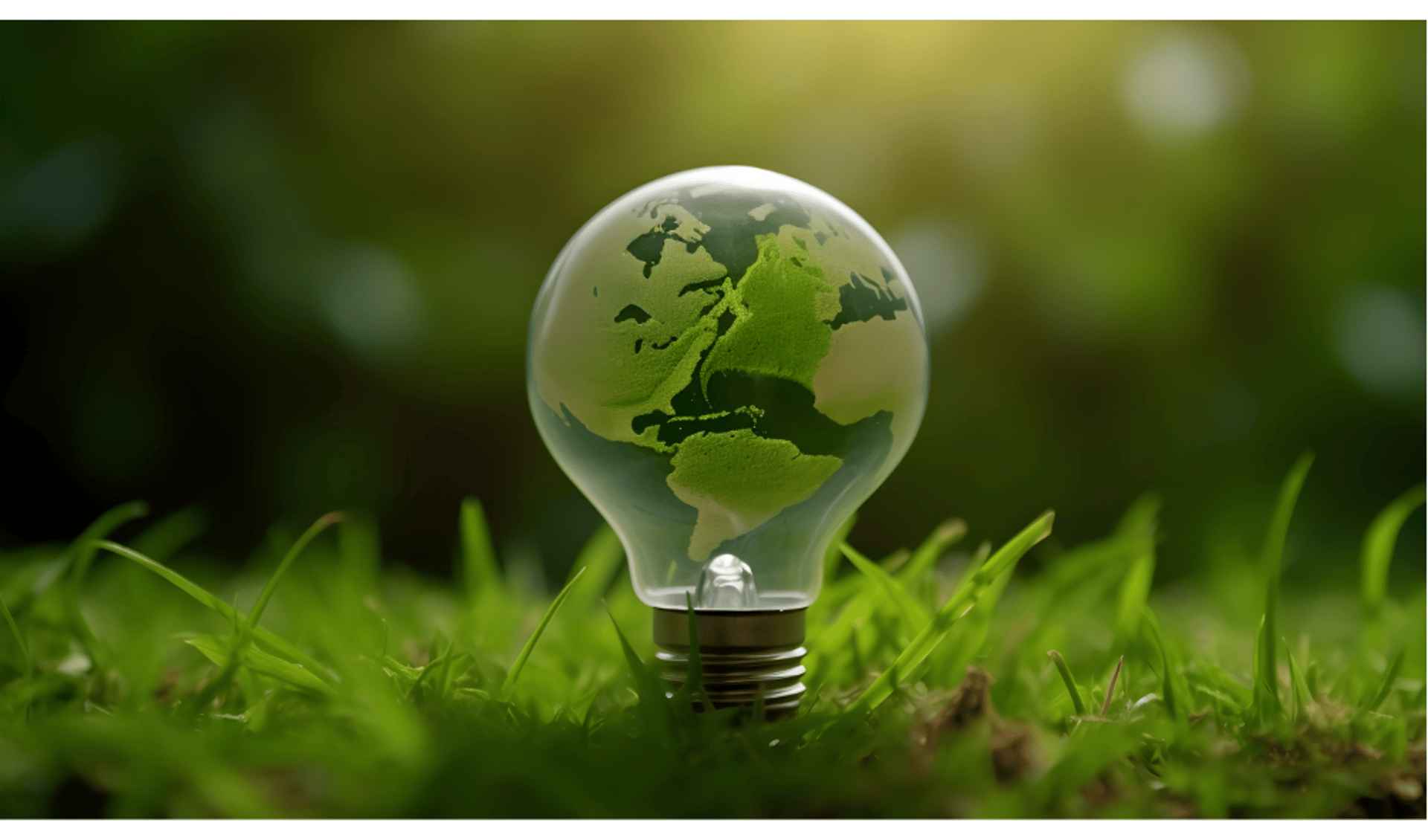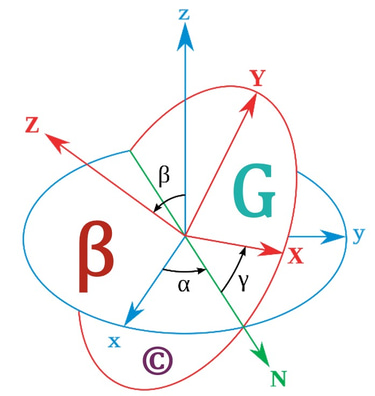The Environmental Impact of Energy-Efficient Electrical Systems
As the world grapples with the effects of climate change, the need for sustainable solutions has never been more urgent. One of the most effective ways to reduce our environmental footprint is by adopting energy-efficient electrical systems. These systems not only lower energy consumption but also contribute to a healthier planet by reducing greenhouse gas emissions and conserving natural resources. In this blog, we’ll explore the environmental impact of energy-efficient electrical systems and how they can help create a more sustainable future.
ELECTRICAL ENGINEERINGSUSTAINABILITYENERGY
Engr. Benjamin V. Gonzales Jr.
3/15/20253 min read
What Are Energy-Efficient Electrical Systems?
Energy-efficient electrical systems are designed to use less energy while delivering the same or better performance as traditional systems. They include:
Energy-Efficient Appliances: Refrigerators, washing machines, and dishwashers with ENERGY STAR certification.
LED Lighting: Light bulbs that use up to 75% less energy than incandescent bulbs.
Smart Thermostats: Devices that optimize heating and cooling to reduce energy waste.
Renewable Energy Systems: Solar panels, wind turbines, and geothermal systems that generate clean energy.
Energy Storage Solutions: Batteries that store excess energy for later use.
The Environmental Benefits of Energy-Efficient Electrical Systems
1. Reduced Greenhouse Gas Emissions
One of the most significant environmental benefits of energy-efficient systems is the reduction in greenhouse gas emissions.
Lower Energy Demand: By using less electricity, these systems decrease the need for power plants, many of which rely on fossil fuels like coal, oil, and natural gas.
Cleaner Energy Sources: When paired with renewable energy systems, energy-efficient technologies further reduce reliance on fossil fuels.
Impact: According to the U.S. Environmental Protection Agency (EPA), if every American home replaced just one incandescent bulb with an LED, it would prevent greenhouse gas emissions equivalent to taking 800,000 cars off the road annually.
2. Conservation of Natural Resources
Energy-efficient systems help conserve finite natural resources.
Reduced Fuel Consumption: Lower energy demand means less coal, oil, and natural gas are extracted and burned.
Water Savings: Power plants, especially coal and nuclear facilities, require vast amounts of water for cooling. Reducing energy consumption decreases water usage.
Impact: Energy-efficient appliances and lighting can save billions of gallons of water each year, preserving this vital resource for future generations.
3. Decreased Air Pollution
Fossil fuel-based power plants emit pollutants that harm air quality and human health.
Lower Emissions: Energy-efficient systems reduce the demand for electricity, leading to fewer pollutants like sulfur dioxide, nitrogen oxides, and particulate matter.
Health Benefits: Improved air quality can reduce respiratory and cardiovascular diseases, particularly in vulnerable populations.
Impact: The EPA estimates that energy efficiency measures could prevent thousands of premature deaths and hospitalizations annually by improving air quality.
4. Minimized Waste
Energy-efficient systems often have longer lifespans and produce less waste.
Durable Products: LED bulbs, for example, last up to 25 times longer than incandescent bulbs, reducing the frequency of replacements.
Recycling Programs: Many energy-efficient products, such as appliances and batteries, can be recycled at the end of their life.
Impact: Fewer replacements mean less waste in landfills and a reduction in the environmental impact of manufacturing and disposal.
5. Support for Renewable Energy
Energy-efficient systems complement renewable energy sources by reducing overall energy demand.
Grid Stability: Lower energy consumption makes it easier for renewable energy systems to meet demand.
Energy Storage: Efficient systems can work with batteries to store excess renewable energy for use during peak times or at night.
Impact: By supporting renewable energy, energy-efficient systems help accelerate the transition to a cleaner, more sustainable energy grid.
How to Implement Energy-Efficient Electrical Systems
Here are some practical steps to make your home or business more energy-efficient:
1. Upgrade to ENERGY STAR Appliances
Replace old appliances with ENERGY STAR-certified models, which use 10-50% less energy than standard models.
2. Switch to LED Lighting
Replace incandescent and CFL bulbs with energy-efficient LEDs, which use less energy and last longer.
3. Install a Smart Thermostat
Optimize heating and cooling with a smart thermostat that adjusts temperatures based on your schedule and preferences.
4. Use Power Strips
Plug devices into smart power strips to eliminate phantom load and reduce energy waste.
5. Invest in Renewable Energy
Install solar panels or wind turbines to generate clean energy on-site.
6. Conduct an Energy Audit
Identify areas for improvement with a professional energy audit or a DIY assessment.
The Bigger Picture: Global Impact
The widespread adoption of energy-efficient electrical systems can have a profound global impact:
Climate Change Mitigation: Reducing greenhouse gas emissions is critical to limiting global temperature rise and avoiding the worst effects of climate change.
Resource Conservation: Efficient systems help preserve natural resources for future generations.
Economic Benefits: Lower energy costs and reduced healthcare expenses from improved air quality contribute to economic stability.
Final Thoughts
Energy-efficient electrical systems are a cornerstone of sustainable living. By reducing energy consumption, lowering emissions, and conserving resources, they play a vital role in protecting the environment and promoting a healthier planet. Whether you’re upgrading appliances, switching to LED lighting, or investing in renewable energy, every step toward energy efficiency makes a difference.
As individuals, businesses, and governments embrace these technologies, we move closer to a future where clean, efficient energy is the norm. Start today by making small changes in your home or workplace, and join the global effort to create a more sustainable world.
By adopting energy-efficient electrical systems, you’re not just saving money—you’re contributing to a cleaner, greener future for all. Take action now and be part of the solution!





